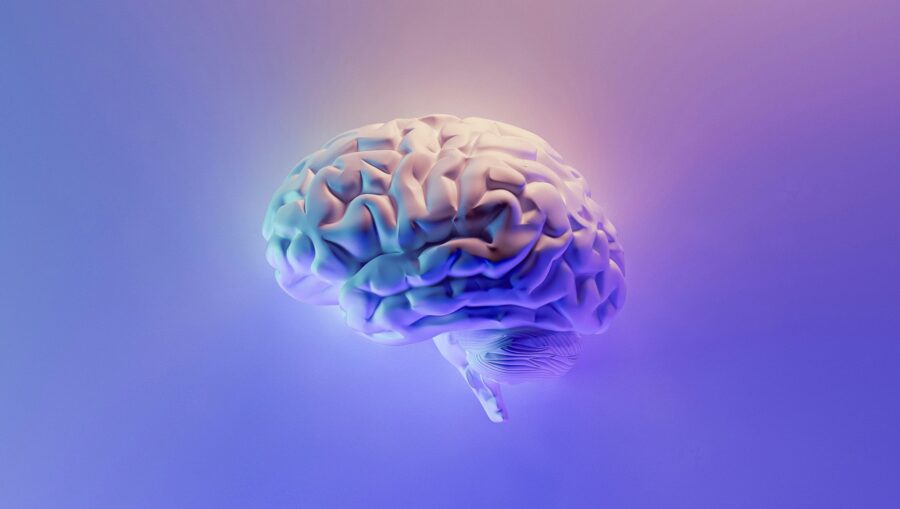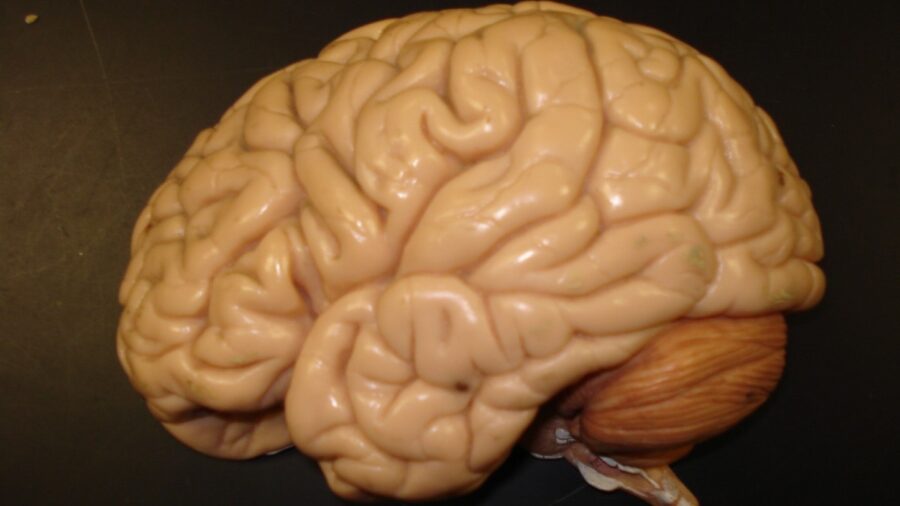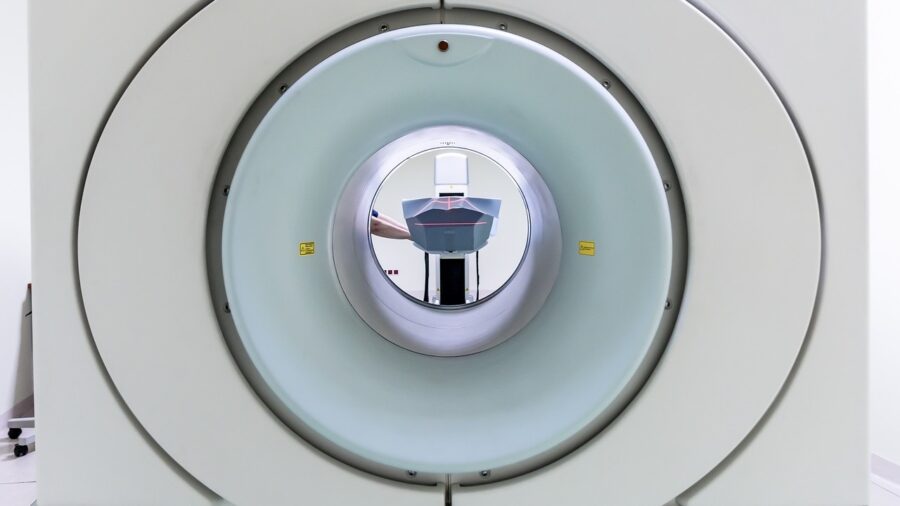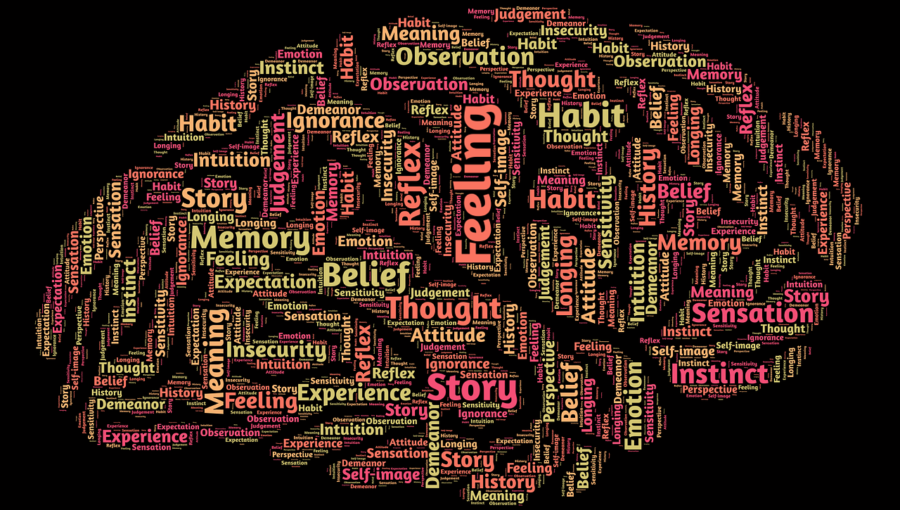Our Brains Are Getting Much, Much Bigger

A new study using data collected since the 1930s states that increased human brain size is reducing our risk of developing dementia. In 2020, the number of people afflicted with dementia surpassed 55 million, with the figure expected to double every two decades. The increase in cases is primarily due to the aging demographic and the prolonged human lifespan.
Dementia Decreasing?

Research funded by the National Institutes of Health (NIH) in 2016 revealed a steady decline in newly documented dementia instances since the 1970s, averaging a 20 percent decrease per decade.
Scientists then discovered that by the 2000s, dementia had decreased by 44 percent among individuals with a high school diploma or higher compared to the 1970s.
Brains Getting Bigger

While the 2016 brain study acknowledged the connection between education and dementia, it did not investigate the underlying causes. The latest study of brains by UC Davis Health, led by neurology professor Charles De Carli, offers a potential explanation for this decline, which is an increase in the size of the human brain.
Using data from the Framingham Heart Study (FHS) in 1948, researchers examined brain MRIs of over 15,000 individuals born between 1930 and 1970.
The analysis revealed a consistent growth in various brains structures over the decades. The intracranial volume (ICV), white matter, cortical gray matter, hippocampus volume, and cortical surface area exhibited the most notable increases.
20 Years Of MRIs

From 1999 to 2019, researchers performed brain MRIs on participants from the FHS, analyzing scans from 3,226 individuals born between 1930 and 1970, with 53 percent female and 47 percent male.
None of these participants exhibited cognitive impairment or had a history of stroke, factors that elevate the risk of dementia.
Upon comparing the MRIs of individuals born in the 1930s to those in the 1970s cohort, researchers observed incremental yet consistent growth in various brains. Despite individuals being taller in later decades, adjustments for height demonstrated persistent differences in ICV.
Studies propose that a larger ICV may signify a greater ”brain reserve,” potentially offering protection against dementia.
Improved Brain Development And Health

The observed growth in white matter and cortical gray matter, needed for cognitive functions and memory, suggests improved brain development and health.
The hippocampus, vital for memory storage, also exhibited increased volume in the studied brains. These findings imply a correlation between larger brain structures and reduced risk of age-related brain diseases like Alzheimer’s.
Different Factors

While genetics play a significant role in different brains sizes, environmental factors also contribute to cognitive health.
“The decade someone is born appears to impact brain size and potentially long-term brain health,” De Carli said. “Genetics plays a major role in determining brain size, but our findings indicate external influences – such as health, social, cultural, and educational factors – may also play a role.”
Early Life Experiences

Early-life experiences may impact the development of human brains, influencing dementia risk later in life.
As such, improved healthcare, education, and lifestyle factors since the 1930s likely contributed to the observed brain size increase and reduced dementia risk. However, it’s essential to consider the study’s limitations, which only examined well-educated, Caucasian individuals.
Promising Implications

Still, the observed increase in brain size since the 1930s offers promising implications for cognitive health and dementia risk reduction.
Understanding the interplay between brain size, and environmental influences can guide future interventions and public health strategies aimed at preserving the function of human brains across generations.
Source: Journal JAMA Neurology












